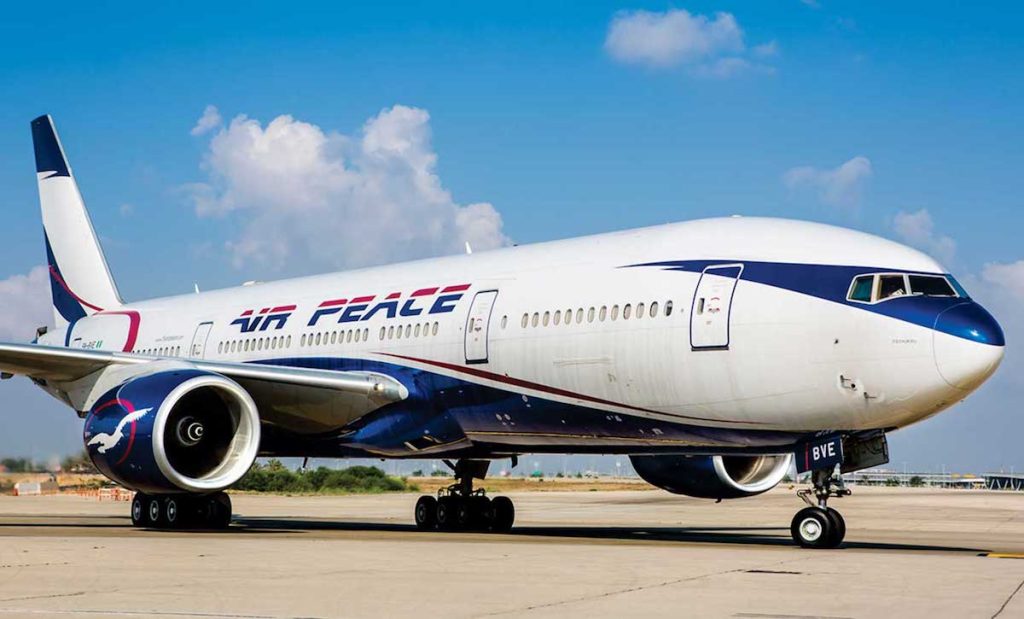Starting November 1, 2024, Air Peace plans to raise the price of its one-way flight from Lagos to Abuja to a staggering N200,000. This steep fare increase reflects the ongoing challenges faced by the aviation industry within Nigeria’s struggling economy. As airlines grapple with rising operational costs and economic difficulties, passengers are increasingly feeling the pinch, leading many to opt for road transport over air travel. The high airfares have become a major cause of concern for travelers, resulting in a decline in the demand for flights as cost-effective alternatives become more appealing.
As of now, Air Peace has the highest fare in the domestic airline market, pricing its one-way ticket between Lagos and Abuja at N200,000 and above. In comparison, other airlines are also raising their rates but not as drastically. Aero offers prices ranging from N94,000 to over N109,000, while Arik Air’s fares fall between N104,405 and N139,292. Ibom Air’s rates range from N124,000 to over N133,000. Despite the apparent competition, the sharp increases in prices indicate that all airlines are coping with similar economic pressures. These changes have left many travelers stranded as they struggle to secure tickets due to the soaring prices.
The rise in airfare is particularly affecting major routes like Lagos-Abuja and Abuja-Lagos, which are typically the busiest in the country. Travelers often find difficulty in booking seats, leading to increased frustration and uncertainty. An official from Air Peace, who remained anonymous, expressed the company’s distress over the current situation, citing that the aviation sector is suffering greatly due to exorbitant operational costs exacerbated by government-imposed taxes. The official shared that, despite the high ticket prices, airlines are not profiting, indicating a dire predicament for the flight companies.
Despite ongoing inquiries, Air Peace’s Chief Operating Officer, Toyin Olajide, has not responded to requests for clarification on the fare increases. This unresponsiveness raises questions and concerns among travelers regarding the transparency of the fare-setting process. One concerned businessman, Adeleke Aina, lamented how rapidly airfares are climbing without a clear rationale beyond vague references to the economy. He expressed a sense of resignation that he may soon have to abandon air travel altogether in favor of road transport, highlighting the sense of desperation and inefficacy in the current transportation landscape.
The rising operational costs, linked closely to the fluctuating prices of fuel, serve as a significant factor driving up ticket prices. Aina’s comments reflect a broader sentiment among passengers, many of whom feel abandoned by the government and airline regulators in light of these economic realities. The ongoing crises—fuel shortages, high living costs, and rampant inflation—have collectively compounded the struggles of the aviation sector and its passengers, making air travel less accessible.
Overall, the aviation industry in Nigeria is facing severe challenges as airlines are forced to implement steep fare hikes. The situation is compounded by the government’s inability to address the underlying economic issues contributing to the rising costs. With more Nigerians likely to pivot towards more affordable road travel, the future of domestic air travel remains uncertain. The impact of these fare increases goes beyond mere numbers; they reflect a broader economic problem that significantly affects the daily lives and mobility of countless citizens.














